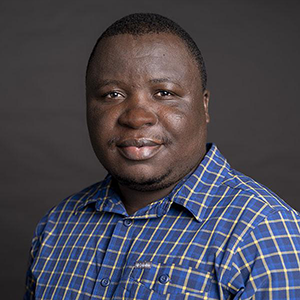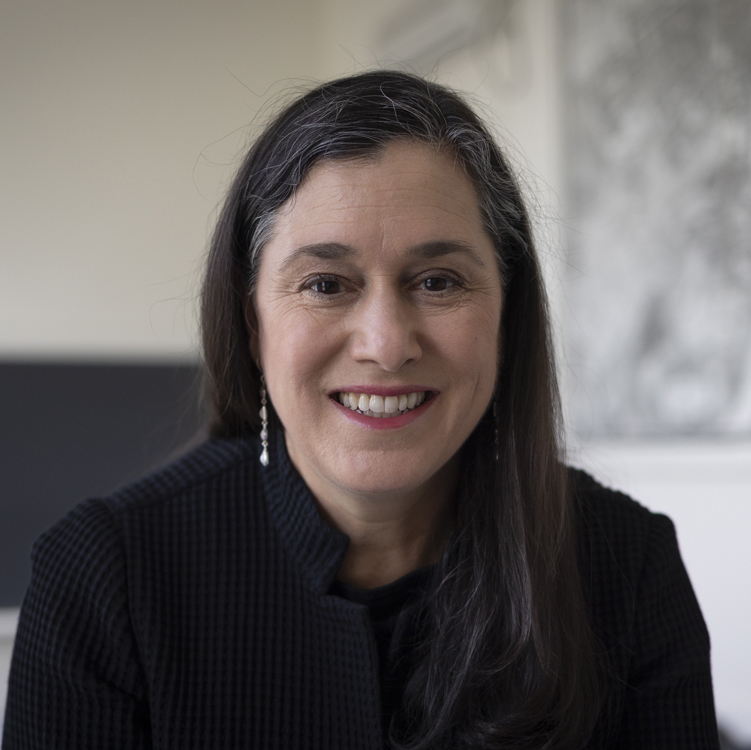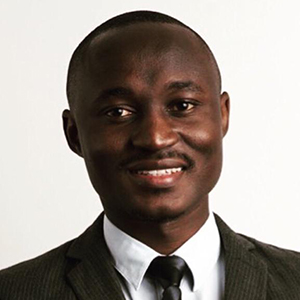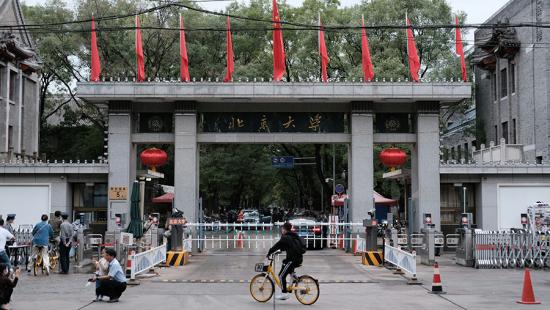Voices from the Grassroots: Slum Dwellers International Experiences on Urban Development and Institutional Dynamics

Prikesh Savla / Unsplash
Abstract
This panel discussion centers around a paper that explores the lived realities of slum communities amidst urban development initiatives and complex institutional dynamics. Through grassroots-led data (qualitative and quantitative) collation processes, the paper explores the experiences and perspectives of slum dwellers, highlighting their challenges, aspirations, and interactions with institutional frameworks. It underscores the importance of inclusive urban planning and systems thinking that considers the voices of marginalized populations in complex urban development frameworks. Through conversation, three experts will reveal the complexities of navigating institutional dynamics and the impact of slum-upgrading development projects on slum communities. The key results emphasize the need for systems-thinking, including participatory approaches in urban development, to ensure inclusive, equitable, and sustainable outcomes. The below speakers will shed light on the power of the systems approach, resilience, and agency of slum dwellers, advocating for policies that empower and uplift these communities.
Biographies

Elmond Bandauko
Mui Ho Center for Cities Postdoctoral Associate in Just and Equitable Cities
Bandauko is a Postdoctoral Associate in Just and Equitable Cities at the Cornell Mui Ho Center for Cities. Bandauko is an interdisciplinary urban scholar whose research revolves around three themes: (i) urban informality, (ii) urban inclusion and exclusion, and (iii) built environment and quality of life (including issues such as sense of place, sense of community, etc.). His research has been funded by the International Development Research Centre (IDRC), the Social Sciences and Humanities Research Council (SSHRC), and the International Journal of Urban and Regional Research (IJURR) Foundation.
Bandauko completed his Ph.D. at the University of Western Ontario, Canada. His doctoral research focused on urban governance and the spatial politics of street traders in Harare, Zimbabwe. He also obtained a Master of Public Administration (MPA), focusing on local government from the same University, as well as a Bachelor of Science (Hons.) in Rural and Urban Planning from the University of Zimbabwe. Before starting his doctoral studies, Bandauko worked as a Research Associate with the Development Governance Institute (DEGI), a development research and consulting firm based in Harare. He supported various projects in this role, including slum upgrading, migrants on the margins, gender-responsive budgeting, and local economic development.

Victoria Beard
Professor; Director, Cornell Mui Ho Center for Cities
Beard's research and teaching focus on comparative urbanization and international development planning.
Beard's research focuses on how planners address urban inequality and poverty. In cities in the Global South, communities often plan for themselves outside of, in collaboration with, and in opposition to formal planning and regulatory frameworks. In response to the limitations of community-based planning, Beard has expanded her work to focus on the city perspective and access to basic services, particularly water and sanitation, and the broader processes that create and sustain city-wide transformation.
From 2015 to 2017, Beard served as director of research for the Ross Center for Cities at the World Resources Institute. In this role, she led work on the World Resources Report, Towards a More Equal City.
Over the past 20 years, she has worked for the World Bank, the Asian Development Bank, AusAID, Mercy Corps, the Research Triangle Institute, and RAND.
Beard holds a Ph.D. in community and regional planning from the University of British Columbia (1999); an M.A. in urban planning from the University of California–Los Angeles (1995), and a B.A. in urban studies and planning from the University of California–San Diego (1992).
Smith Ouma
Research Fellow at University of Manchester Global Development Institute
Ouma is currently a Leverhulme Early Career Researcher at the Global Development Institute. Prior to this role, he was a post-doctoral research fellow with the FCDO-funded African Cities Research Consortium.
With a background in Law, his research is inherently interdisciplinary, spanning legal geography, urban politics, urban health, land law, and development studies.
Ouma's primary focus lies in understanding the political economy of informal settlements and systems failings in cities, particularly in Africa. As part of this interest, he has engaged with multiple actors to understand how power is performed and how interests emerge and compete in informal settlement contexts. He also looks at the everyday practices of marginalized urban residents to understand how agency is exercised and the different strategies and tools that are employed to realize rights in the city.








